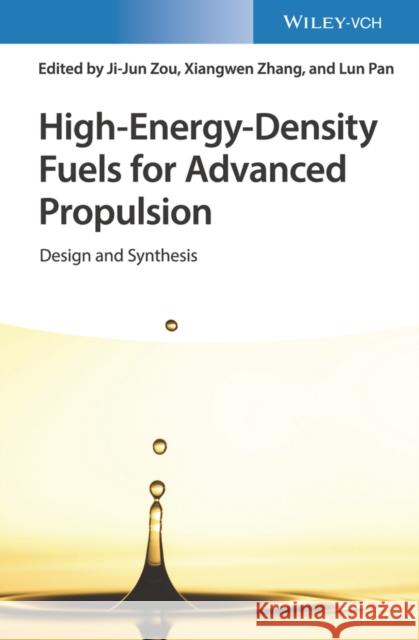High-Energy-Density Fuels for Advanced Propulsion: Design and Synthesis » książka
topmenu
High-Energy-Density Fuels for Advanced Propulsion: Design and Synthesis
ISBN-13: 9783527346691 / Angielski / Twarda / 2020 / 512 str.
Kategorie BISAC:
Wydawca:
Wiley-VCH Verlag GmbH
Język:
Angielski
ISBN-13:
9783527346691
Rok wydania:
2020
Ilość stron:
512
Waga:
0.98 kg
Wymiary:
24.41 x 16.99 x 2.69
Oprawa:
Twarda
Wolumenów:
01
Dodatkowe informacje:
Wydanie ilustrowane











